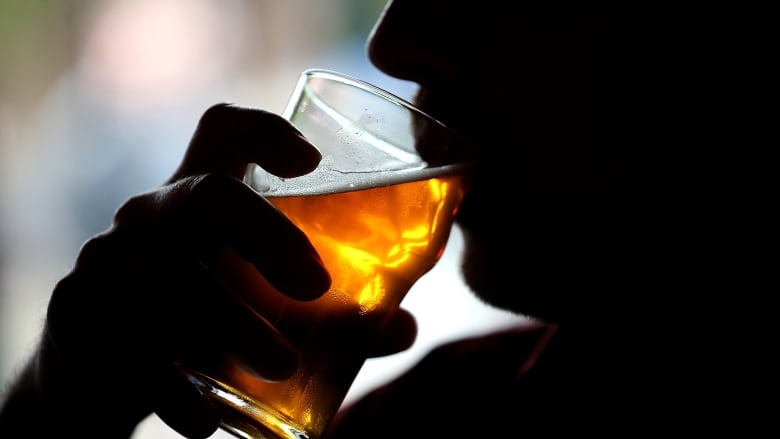Bad habits don't mean you're a bad parent
Kids want protection, not perfection, from their parents

This story is part of Amy Bell's Parental Guidance column, which airs on CBC Radio One's The Early Edition.
I'm a big fan of the "do as I say, not as I do" school of parenting.
But as my kids have gotten older, I've found myself in that awkward position of being caught and questioned about something I wouldn't let them get away with.
No, I'm not out here committing crime — but yes, sometimes I'm on my phone instead of listening to their story. Or maybe I'm eating potato chips and having a glass of wine instead of confronting an issue head on.
But parents aren't superheroes, they're just people. How can parents explain that when they are busted for "bad" behaviour?
Good parents can still make 'bad' choices
Kids have the habit of noticing everything we do wrong. Sonja Braig, a social worker and child psychotherapist, says kids need to know you are still a good parent even if a bad habit got the better of you.
"You don't need to tell your child you were high all night at a party," said Braig.
But when a child does see something, it helps to add context, she says, such as, "'Drinking is ok. But some people drink too much. Last night I drank too much and it probably wasn't a good idea.'
"So to show that you can ... also make mistakes and to be resilient and that you are able to talk about it with your child, is really important," she said.

Bad habits are more than "vices" and can be just as harmful.
"You know what I think I see more as 'vices'?" Braig said.
"Things like you promise your child something you don't follow through. Talking critically about other people that are important in their lives. Criticizing yourself a lot. I think those have a bigger impact on a child's development than the occasional glass of wine or smoking."
Respect how children feel about your vices
Many families in B.C. don't just embrace "bad" habits, they make a living from them — whether it's alcohol, cannabis or even gambling, thousands of parents are employed by "vice" industries.
Andy Macintosh, a mom and craft brewery owner who has to balance what's good for business and what's good for her family, says she and her husband were raised in families who didn't have the healthiest relationships with alcohol.
They know how harmful it can be, and have worked hard to make sure their kids can express any concerns about alcohol use, and if they are comfortable with their parents drinking.

"We try to be very open with our kids and share some of our good times and bad times growing up in a household that had alcohol around," said Macintosh.
"They felt they could at least approach the subject with us. They could talk to us about it ... ask questions and we weren't going to be judgmental and [say], 'Oh you're bad kids, you don't want me to drink a beer'. You know, the things my partner and I might have had as an experience if we had raised the issue when we were kids."
In a way, having alcohol so present in their lives has allowed Andy's children to develop a healthy approach to responsible drinking.
They always know if mom or dad has "sampled the product" a bit more than usual, they are able to express that, and more importantly, will be listened to and respected.
Show children there are healthier ways to deal with mental health struggles
But a bad habit can spiral into an addiction for many people, parents included.
Braig says addiction is often a symptom of mental health struggles. It's important for children to understand the root cause of the addiction, and see there are healthier ways to address them without shame.

"What we know from addiction and mental health, is there is a very strong correlation between mental health and addiction," she said.
"Addiction really is a way of maladaptively managing mental health issues. It is a way of trying to cope with life, and explaining to the child that the parent needs to find a different way that is not harmful, in order to manage, gives them context as to why a parent might be using alcohol or drugs."
No matter how much a parent might struggle or stumble, what children ultimately need isn't perfection, it's protection.
No one is perfect, and I will always hope my kids not only understand that, but actively embrace it. I hope a policy of honest and ongoing conversations will keep all of us accountable to one another, and help us to be kind and empathetic when we falter.
And yes, I also hope they will let me have the occasional glass of wine in peace when I need it.

